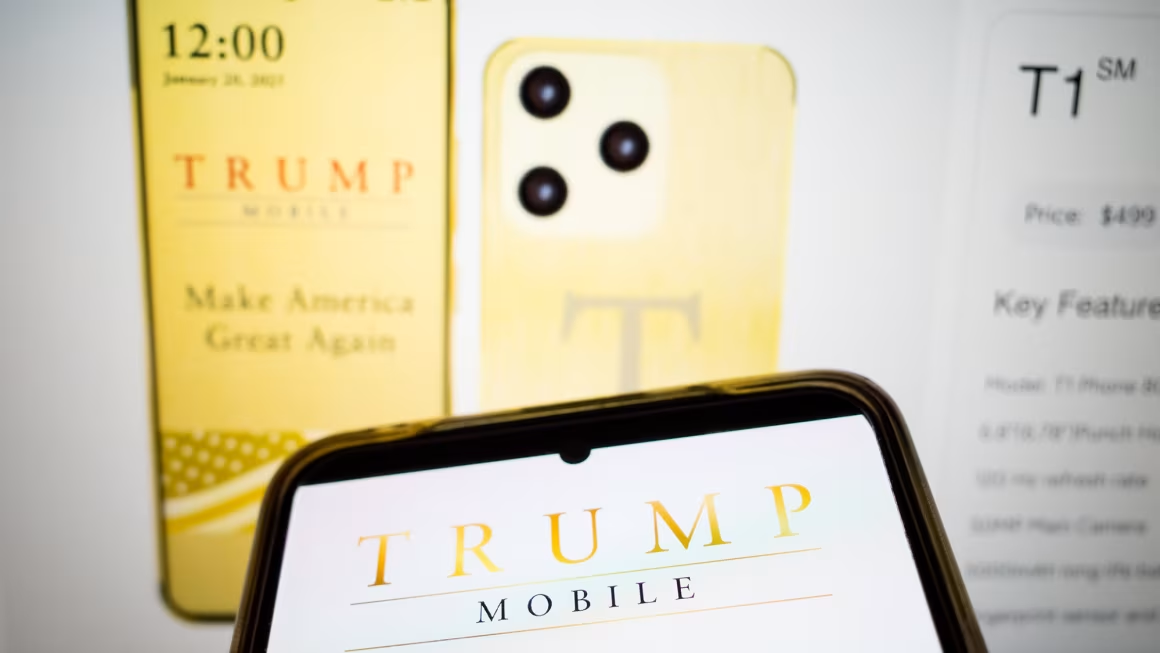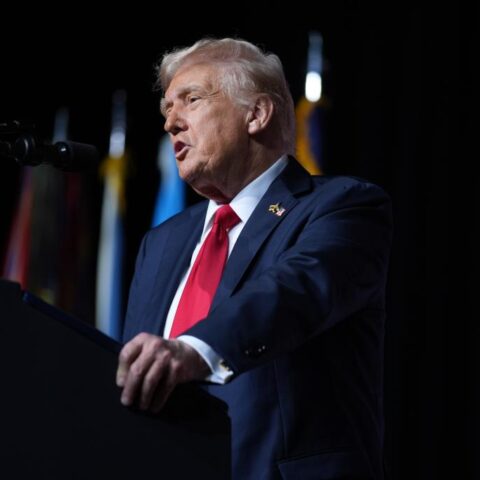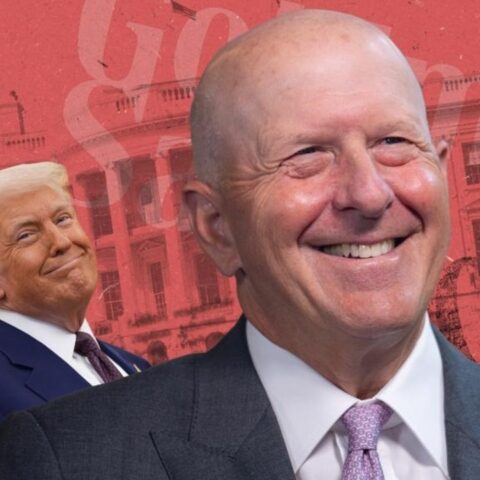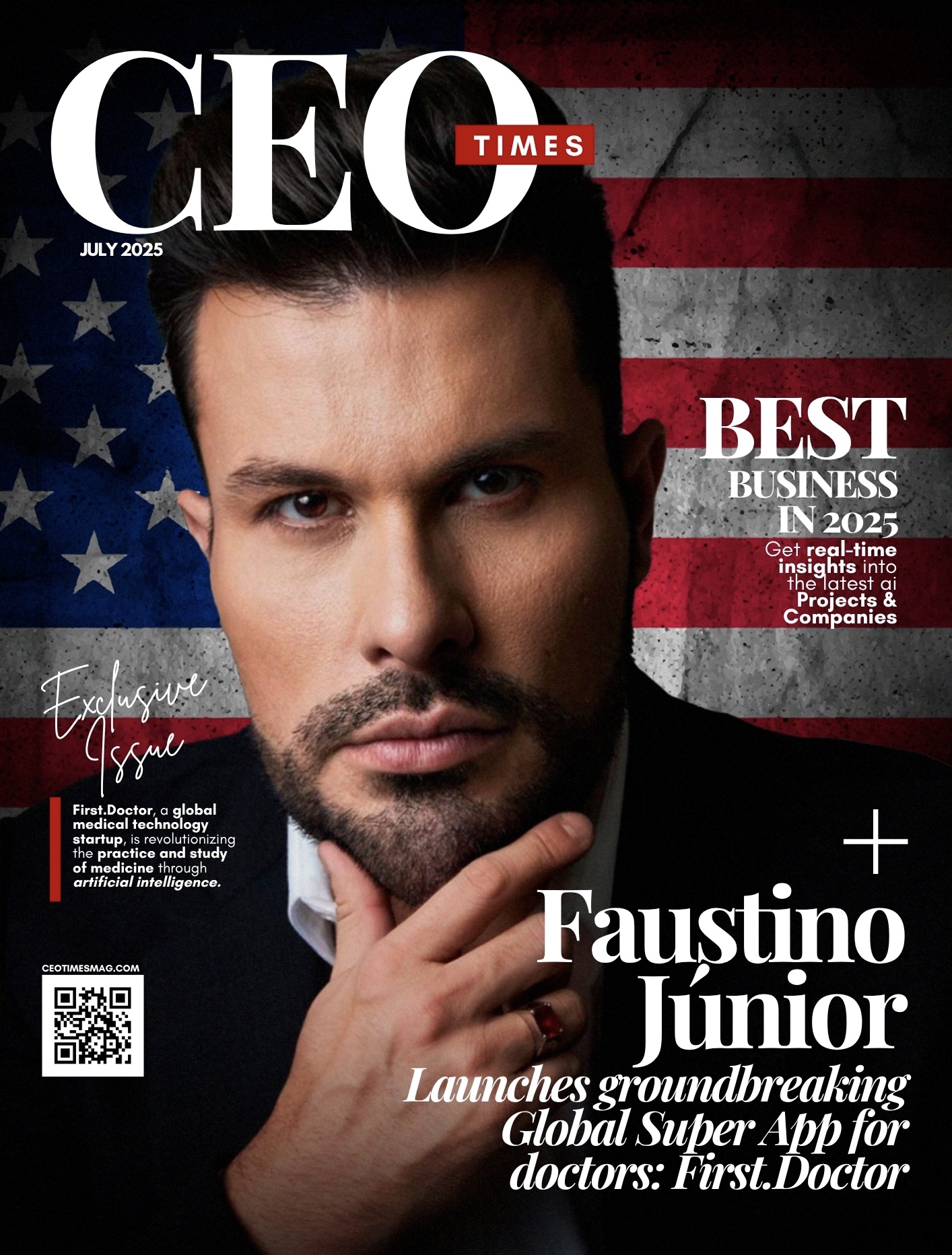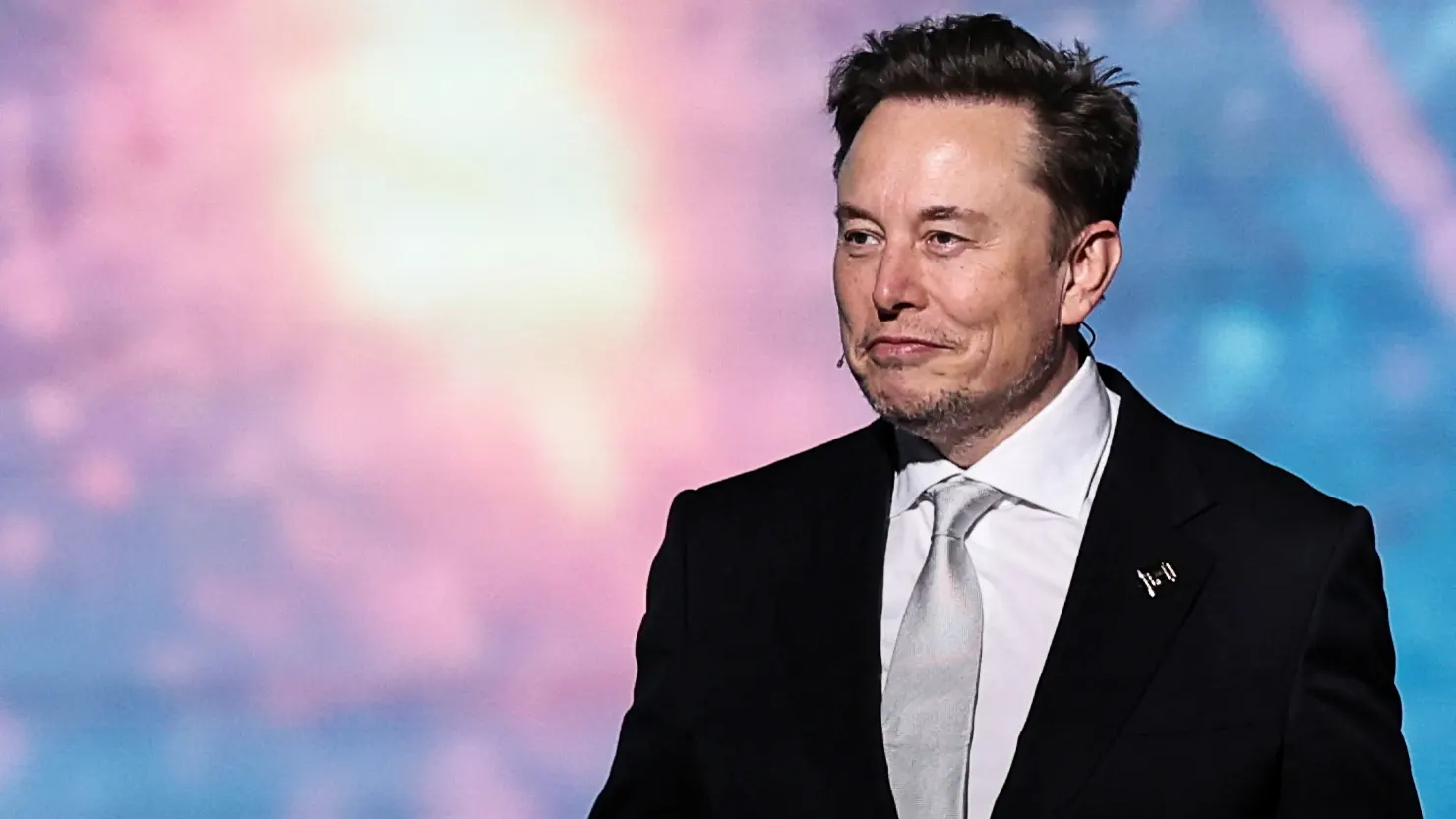Website quietly changes language about manufacturing location as experts question authenticity and feasibility of domestic smartphone production
In a move raising eyebrows across the tech and political landscapes, Trump Mobile, the newly launched wireless service and smartphone venture backed by the Trump Organization, has quietly revised a key claim on its website. The company no longer asserts that its debut smartphone, the T1 8002, is “Made in the USA.” Instead, the site now reads the phone was “designed with American values in mind.”
The change, which appears to have occurred around June 22, was first highlighted by The Verge and verified via the Internet Archive’s captured versions of the site. Prior versions, including one viewed by CNN on June 18, stated that the phone was “Made in the USA.”
Despite this revision, a Trump Mobile spokesperson told CNN that the T1 8002 phones are still “proudly being made in America.” A press release issued by the Trump Organization last week continued to state that the phone would be “designed and built in the United States.”
At the formal launch event on June 16 at Trump Tower, Trump Mobile partner Pat O’Brien emphasized the domestic vision: “We are going to be doing phones that we are going to build in America.” Yet later, in a conversation with conservative media personality Benny Johnson, Eric Trump appeared to adjust expectations, stating, “Eventually all the phones can be built in the United States.”
Spec Changes and Manufacturing Questions
Scrutiny has intensified not just over manufacturing claims, but over changes to the phone’s listed specifications. Originally, the T1 8002 was described as having a 6.78-inch screen, but that has now been changed to 6.25 inches, a noticeable downgrade. Additionally, Trump Mobile has removed mention of the phone’s memory capacity—an essential component influencing performance and user experience.
Experts, including Ryan Reith of the International Data Corporation, have pointed out that terms like “built,” “designed,” and “brought to life” can be vague. For example, Apple “designs” its iPhones in California but assembles them in China or India. According to Reith, “There are no phones that are really being built in the US from start to finish.”
Further doubts were cast by Todd Weaver, CEO of US-based smartphone company Purism, and analyst Max Weinbach, both of whom told CNN the T1 bears a strong resemblance to the Revvl 7 Pro 5G, a $169 smartphone manufactured by China’s Wingtech—a company known for producing white-labeled phones for Western brands.
Trump’s Tech Push and the Realities of U.S. Manufacturing
The launch of Trump Mobile comes at a time when former President Donald Trump, though not operationally involved in the Trump Organization, has been vocally pushing for tech giants like Apple and Samsung to bring smartphone manufacturing back to American soil.
However, as Weaver highlighted, unless there has been a massive, secretive buildout of an onshore manufacturing facility—an extremely unlikely scenario—it would be “simply not possible to deliver what they’re promising.” Phone manufacturing at scale in the U.S. faces steep challenges due to supply chain complexities, labor costs, and a lack of component fabrication infrastructure.
Political Optics vs. Market Reality
The launch of Trump Mobile appears to align with broader political messaging around “America First” manufacturing and tech sovereignty. Yet, as the language around its flagship product grows increasingly ambiguous and hardware specs shift, questions about transparency, feasibility, and authenticity remain.
Whether the phone eventually becomes a symbol of tech innovation or another branded endeavor with limited traction may depend less on patriotic slogans—and more on proof that American manufacturing can meaningfully compete in a hyper-globalized smartphone economy.









